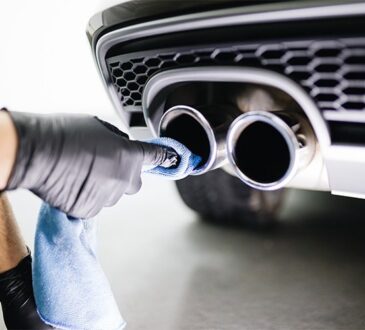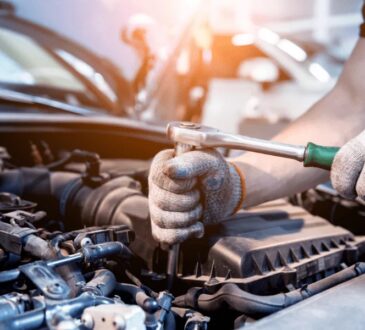
A Land Rover isn’t just a vehicle—it’s a commitment to performance, versatility, and luxury. Whether you’re navigating rugged trails or urban streets, your Land Rover’s engine is the heart of that experience. Protecting that engine isn’t just about preserving power—it’s about safeguarding your investment. With proper care and smart driving habits, you can significantly extend the life of your Land Rover engine. Here are six practical strategies to help you do just that.
1. Stay Consistent with Oil Changes
One of the simplest yet most effective ways to prolong your engine’s life is by sticking to a regular oil change schedule. Engine oil lubricates moving parts, reduces friction, and helps regulate temperature. Over time, oil breaks down and becomes less effective, which can lead to increased engine wear.
Best practice:
Follow the manufacturer’s recommended oil change interval or adjust based on your driving conditions. For example, if you frequently tow, drive off-road, or sit in traffic, you may need more frequent oil changes.
Tip:
Always use the oil type and viscosity grade recommended for your specific Land Rover model to ensure optimal performance.
2. Monitor Engine Coolant Levels
Your engine generates a lot of heat, and the cooling system is vital for preventing overheating. Low or dirty coolant can cause engine temperatures to spike, leading to warped components, gasket failures, or total engine breakdown.
Best practice:
Check coolant levels monthly and top off with the correct mix of antifreeze and distilled water if necessary. Also, have your coolant flushed at the recommended service interval to remove debris and maintain efficiency.
Warning signs:
Look out for high temperature readings, steam from the hood, or a sweet smell while driving—these may indicate cooling system trouble.
3. Don’t Ignore Warning Lights
Modern Land Rovers are equipped with advanced diagnostic systems that monitor everything from oil pressure to engine temperature. When a warning light appears on your dashboard, it’s your vehicle’s way of asking for help.
Best practice:
Never ignore warning lights—especially those related to the engine. Addressing a small issue now can prevent a major repair down the line.
Pro tip:
Build a relationship with a trusted Land Rover mechanic who understands the intricacies of your vehicle’s systems and can perform diagnostics quickly and accurately.
4. Warm Up the Engine (Especially in Cold Weather)
Starting your Land Rover and immediately putting it under heavy load isn’t ideal, particularly in colder climates. Engine oil needs a few moments to circulate and reach optimal viscosity for full protection.
Best practice:
After starting your engine, allow it to idle for 30–60 seconds before driving off. This gives the oil time to lubricate engine components, reducing long-term wear.
Cold climate bonus:
If you live in a region with harsh winters, consider using a block heater to pre-warm the engine on cold mornings.
5. Stick to a Maintenance Schedule
Preventative maintenance isn’t just about checking off boxes—it’s about ensuring all engine-related systems are functioning at their best. This includes oil and air filter replacements, spark plug inspections, timing belt checks, and more.
Best practice:
Follow your owner’s manual or digital service schedule for routine checkups. Staying ahead of wear and tear helps prevent breakdowns and can keep your engine running well beyond 100,000 miles.
Advanced tip:
Use a service log to track each maintenance task. It’s not only helpful for engine health—it also adds value if you ever decide to sell your vehicle.
6. Drive Smart
How you drive can greatly influence engine longevity. Rapid acceleration, hard braking, and excessive idling can all contribute to unnecessary engine stress.
Best practice:
- Accelerate gradually and avoid redlining the engine.
- Don’t overload your Land Rover beyond its towing or cargo limits.
- Avoid frequent short trips, which don’t allow the engine to reach optimal operating temperature.
Fuel quality tip:
Use premium fuel when recommended, as it can improve combustion efficiency and reduce carbon buildup in high-performance engines.
Your Land Rover’s engine is built to perform, but that performance depends on how well you care for it. With routine maintenance, attention to warning signs, and smart driving habits, you can enjoy a longer, more reliable driving experience.
Make it a priority to stay in tune with your vehicle’s needs—and when in doubt, consult a certified Land Rover mechanic for guidance. A little proactive care today can prevent major repairs tomorrow and ensure that your Land Rover continues to deliver the adventure-ready power it’s known for.




